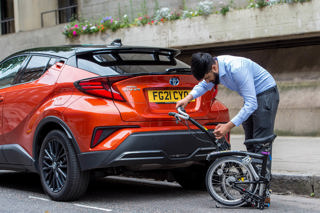More than half of all workers will re-think their travel arrangements for 2017 with a desire to work more flexibly, according to research by Regus.
The survey, conducted among 1700 UK professionals, shows that 58% of workers are looking to ‘work remotely in order to improve their travel schedule’ due to the strikes, faults, delays and rising prices associated with commuting.
“The commute has rarely been a joyful experience but 2016 seems to have been particularly challenging for vast numbers of workers. Train problems have been well documented but the situation for those driving to and from the office is equally frustrating.
“The survey tells us that workers are no longer willing to accept the stress and expense of the commute and are looking at flexible working solutions that enable them to gain this time back, work nearer to home and enhance productivity,” said Richard Morris, chief executive of Regus.
Recent reports estimate that today’s average UK commute takes anywhere from 55 to 90 minutes with more than three million workers regularly facing journeys of two hours to get to and from work.
Research has found that the commute has a detrimental effect on wellbeing, with the Office of National Statistics reporting that commuters have lower life satisfaction, lower levels of happiness and higher anxiety.
The cost of commuting is also set to rise with the announcement that train fares will increase by an average of 2.3% from January 2017.
Morris added: “Whilst working flexibly won’t be a fit for every type of job there are millions of people across the UK for whom this more agile approach to the working day makes perfect sense. With over half of all workers thinking this way, 2017 looks set to herald the beginning of the end for the out-dated, costly and time-consuming journey to one fixed place of work.”



















Login to comment
Comments
No comments have been made yet.